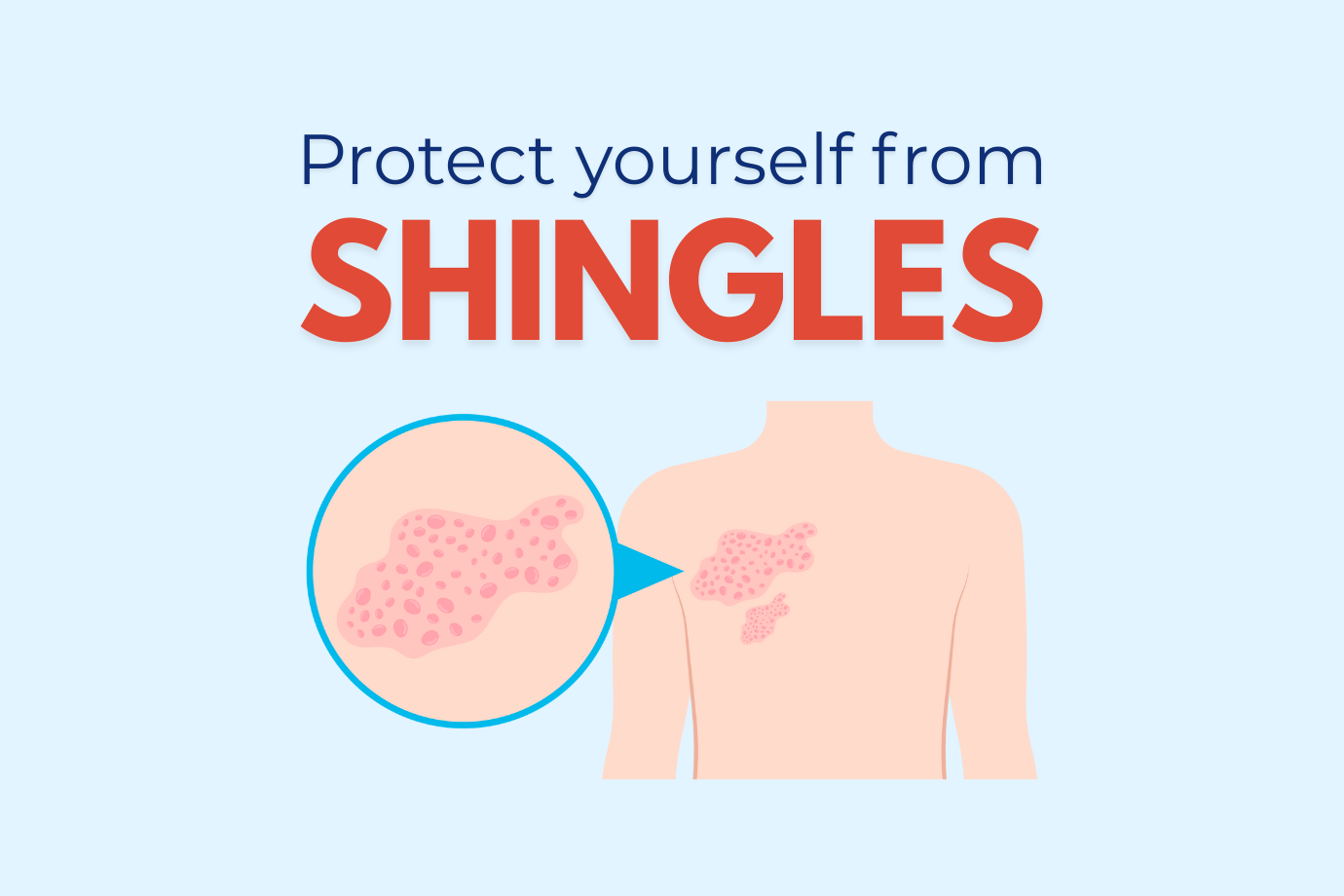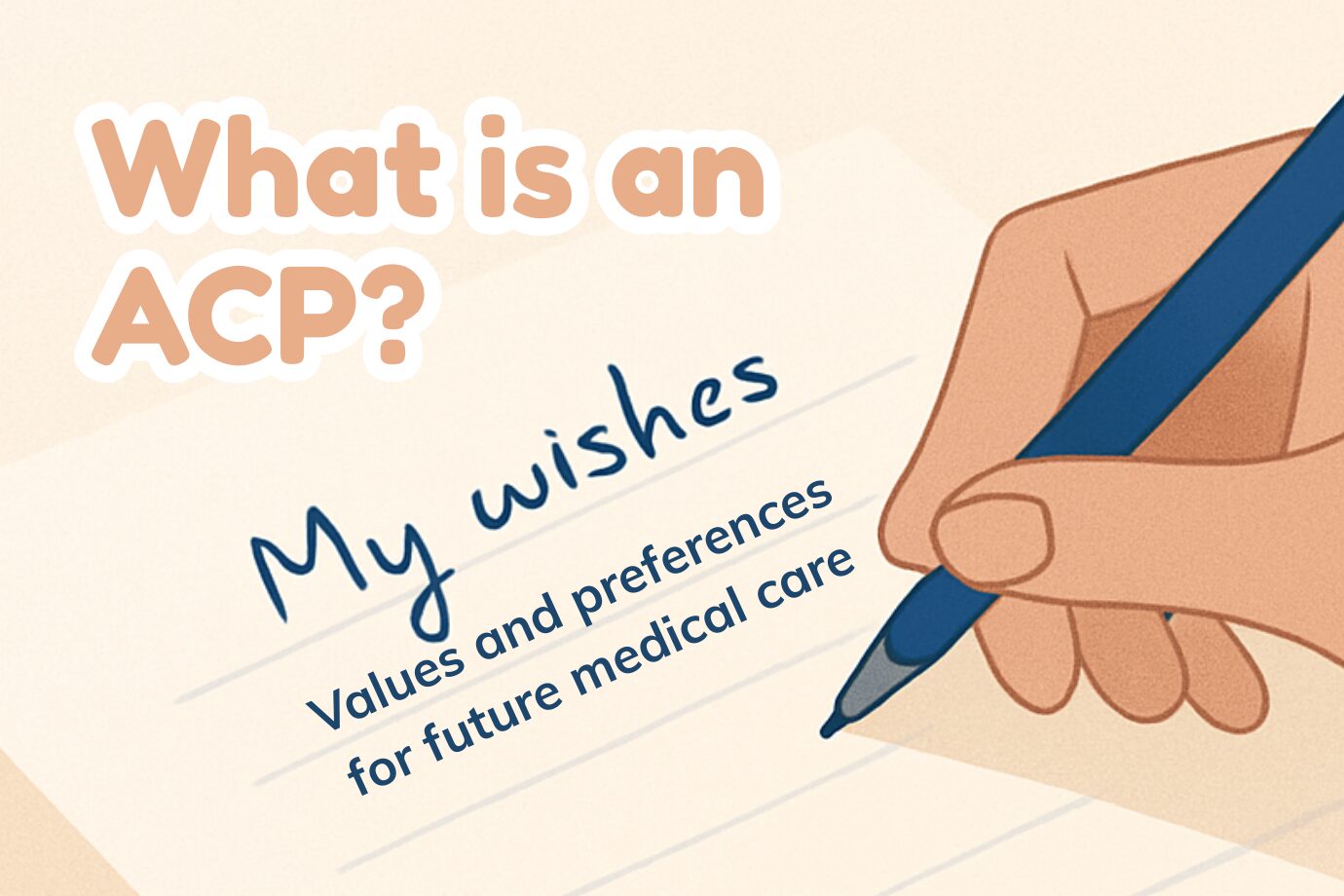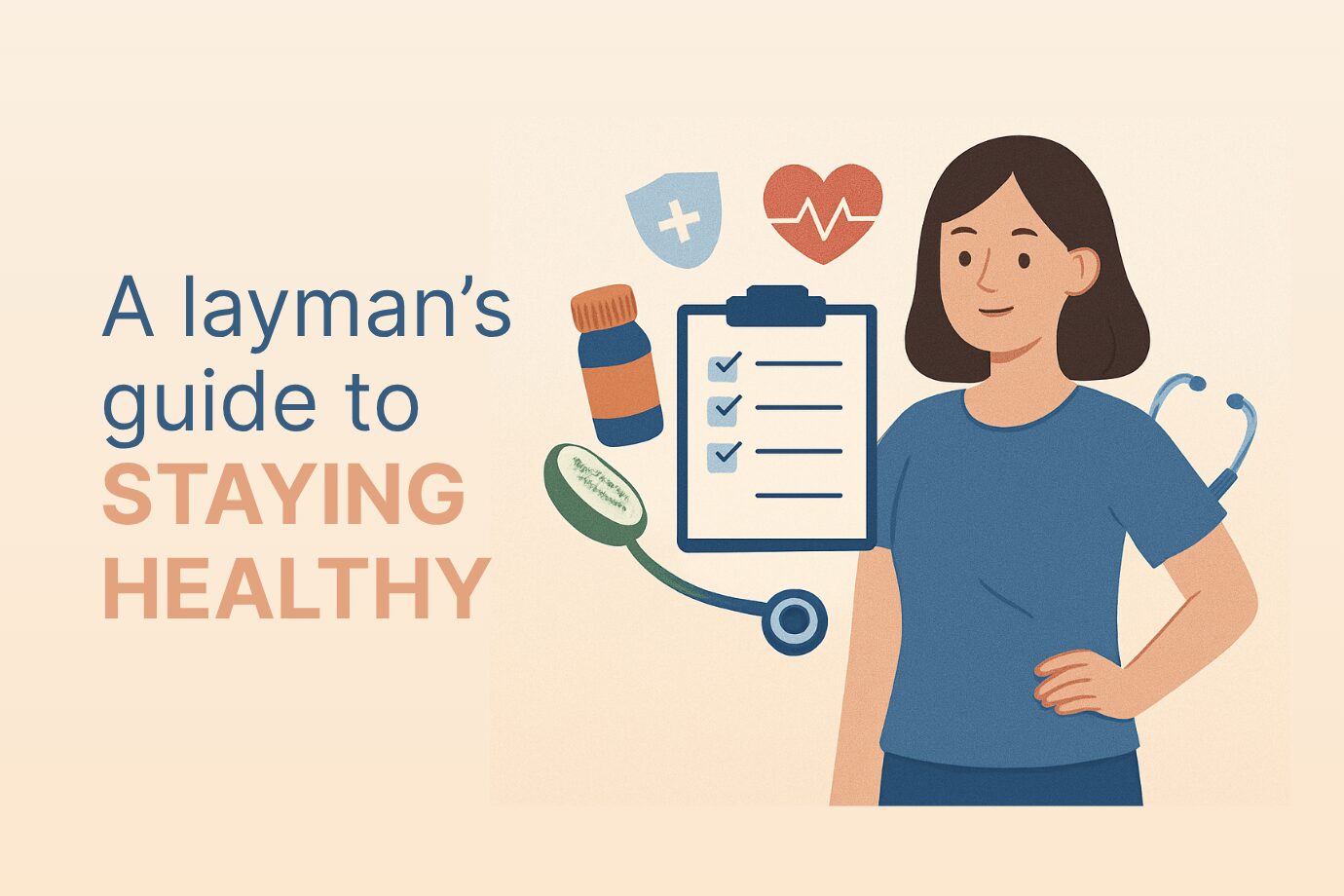
Health Resources
- Home
- Health Resources
- Protect yourself from Shingles | Shingles Vaccination
Protect yourself from Shingles | Shingles Vaccination

Shingles Vaccine
Shingles is a common and painful condition that affects millions of people worldwide, but the good news is, you don’t have to let it disrupt your life. With the Shingles vaccine, you can significantly reduce your risk of developing shingles and its long-term complications.
What is Shingles?
Shingles, also known as herpes zoster, is a viral infection that results in a painful rash, typically on one side of the body or face. 1 in 3 adults will get Shingles in their lifetime.1
What causes Shingles?
Shingles occurs when the varicella-zoster virus, the same virus that causes chickenpox, reactivates in your body after lying dormant for years.
Anyone who has had chickenpox in the past is at risk, as the virus remains in the body after a chickenpox infection. A decline in immunity with age increases the risk of reactivation of the virus, causing shingles. As a result, the risk of shingles is higher in adults aged 50 and older, and in patients who are immunocompromised.
What are the complications of Shingles?
While shingles usually resolves within 1-2 weeks, some people may develop complications. These can sometimes be long-lasting or serious.
Common complications include:
- Post-herpetic neuralgia (PHN) – The most common complication of shingles. PHN is persistent nerve pain that continues even after the rash has healed. It can cause burning, tingling, or stabbing pain that lasts for months or even years. Studies show that about 1 in 3 people experience pain for more than 3 months, and 1 in 5 may have pain lasting over 5 months.2,3,4
- Herpes Zoster Ophthalmicus (HZO) – When shingles affects the nerves of the eye, it can cause redness, pain, and vision problems. In severe cases, if the cornea is affected, it may lead to permanent vision loss.
- Ramsay Hunt Syndrome – If shingles affects one of the nerves in the face, it can cause one-sided facial weakness, hearing problems, ear pain and loss of taste.
What is the treatment for Shingles?
Prompt treatment can help reduce the severity and duration of shingles. Management usually includes:
- Antiviral medications – help to shorten the duration and severity of Shingles
- Pain medications – help to relieve the pain of Shingles
1 in 3 patients patients go on to develop long-term pain following Shingles. Persistent nerve pain can be treated with more targeted pain medications like gabapentinoids or tricyclic antidepressants.
Who should get the Shingles Vaccine?
The shingles vaccine is generally recommended for:
- Adults aged 50 years or older
- Adults aged 18 years or older who are immunocompromised
Can I get the Shingles Vaccine after I have gotten Shingles?
Yes! As you can get shingles again after a previous episode of shingles, the vaccination is still recommended. The United States Centers for Disease Control and Prevention (CDC) suggest waiting until the symptoms of an episode of shingles have resolved before taking the shingles vaccination.5
How is the Shingles Vaccine given?
- The shingles vaccine is given as an injection into the arm
- 2 doses are required over 2 to 6 months
What are the common side effects of the Shingles Vaccine?
- Pain or swelling over the injection site
- Fever, headache, body aches, tiredness
- Stomach discomfort, nausea, diarrhea
- Allergic reactions: rashes, eye swelling, lip swelling or difficulty breathing
How effective is the Shingles Vaccine?
The shingles vaccine is highly effective:
- Shingrix has been shown to be over 90% effective at preventing shingles.
- It also greatly reduces the risk of postherpetic neuralgia, the chronic nerve pain that can follow shingles.
How long does the Shingles Vaccine last?
The protection lasts at least 10 years and remains strong throughout that period. Some studies suggest protection may last even longer. There is no need for any booster vaccines for Shingles.
How long does the Shingles Vaccine last?
From September 2025, the Shingles vaccine is included in the National Adult Immunisation Schedule (NAIS) and is subsidised under the CHAS scheme for the following groups:
- Adults aged 60 years and above
- Adults aged 18 years and above with conditions causing immunosuppression
No one should have to suffer from the pain and complications of shingles. The good news is that prevention is possible. Speak to our doctors today and book your shingles vaccination appointment at our clinics — we’re here to keep you protected.
References:
1. Harpaz R et al. MMWR Recomm Rep 2008:57:1-30; quiz CE2-4
2. Chen L-K et al. BMC Infect Dis 2017; 17;213
3. Goh CL et al. Int J Dermatol 1997; 36;667-72
4. Kawai K, et al. BMJ Open. 2014 Jun; 4(6):e004833
5. Centers for Disease Control and Prevention. (2025, August 19). Shingles vaccination.
Author

Dr Amaris Lim
MBBS, MMed (Fam Med), GDip (Sports Med)
Dr Amaris is a Family Physician at Frontier Healthcare with a special interest in Sports Medicine. She also contributes as one of the Core Faculty for the Family Medicine Residency Program with the National University Health System (NUHS). She currently practices at Canberra and Bukit Batok.




